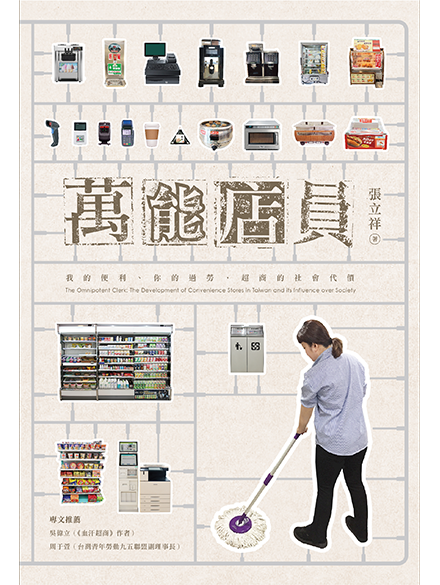Taiwan’s ubiquitous convenience stores offer an astonishing array of services beyond the usual bag of chips and cup of coffee. You can pay your bills, pick up and send packages, book train tickets, print documents, sit down for a quick meal … but what price does society pay for convenience at all costs?
Taiwan has more convenience stores per capita than any other country. So many, in fact, that it is hard to find a street corner that doesn’t have one. In addition to the usual bag of chips and cup of coffee, Taiwan’s convenience stores offer an astonishing array of services. You can pay your bills, pick up and send packages, book train tickets, print documents, sit down for a quick meal … some even sell beer on tap! And in the era of coronavirus, this is where you pick up your rapid COVID tests and masks. But how did Taiwan’s convenience stores become so integrated into daily life on the island? And at what cost?
Let a ten-year veteran of the industry guide you on a sociological tour of the convenience store phenomenon, analyzing the business strategies that transformed mini-supermarkets into one-stop solutions for day-to-day needs. Integrating personal experience, field observation, interviews, and sociological theory, author Chang Li-Hsiang uses the employee training process as a window for understanding the complexity of the modern convenience store.
Employees progress from mastering the basic tasks of stocking shelves and operating the cash register, to learning how to assist customers with an ever-expanding range of services. This progression easily results in burnout for part-time employees who aren’t properly compensated employees for the complex range of tasks they constantly juggle. The book further speculates on the hidden costs of a business model that feeds society’s demand for convenience and instant gratification above all else. Anecdotes and comic-style illustrations help round out this entertaining and informative deep-dive into an everyday institution at the heart of the consumer lifestyle.
